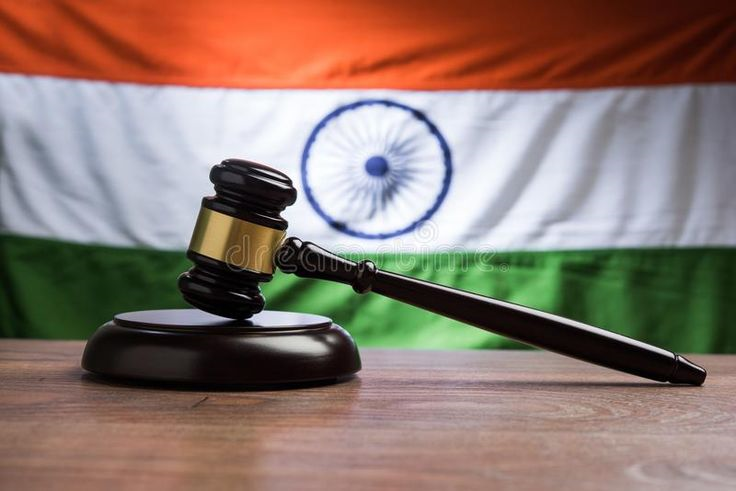Meaning and Constitutional Basis
All India Services (AIS) are prestigious civil services whose members serve both the Union and State Governments, ensuring uniformity and integration in administration across India. These services are created under Article 312 of the Indian Constitution, which empowers Parliament to create new All India Services by law with the approval of the Rajya Sabha. The two main existing All India Services are the Indian Administrative Service (IAS) and the Indian Police Service (IPS). Officers of these services are recruited by the Union Public Service Commission (UPSC) and allocated to different states, ensuring an efficient and professional administrative structure that maintains coordination between the central and state governments.
Legal Provisions and Functioning
Article 312 provides the constitutional foundation for creating All India Services to promote national integration and administrative efficiency. Members of AIS are appointed by the President of India, but they serve under the control of respective State Governments for day-to-day administration. Articles 309 and 310 govern the service conditions, recruitment, and tenure of civil servants, while Article 311 provides protection against arbitrary dismissal or disciplinary action. These officers perform critical functions such as policy implementation, law enforcement, and governance at the state level, while also being available for deputation to the Union Government.
Importance and Significance
The All India Services play a crucial role in ensuring uniform administration, policy implementation, and national integration. They act as a bridge between the Union and State Governments, maintaining administrative continuity and professionalism. Their dual accountability to the Union and the State ensures that public policies are executed effectively while respecting federal principles. The services also provide a career framework for highly competent individuals to occupy key positions in administration, policing, and governance, thereby contributing significantly to the functioning of India’s democratic and bureaucratic machinery.
Real-Time Example
A practical example of All India Services in action is during the COVID-19 pandemic (2020–21). IAS officers coordinated the implementation of lockdowns, vaccination drives, and relief distribution in states like Maharashtra and Uttar Pradesh, while IPS officers ensured enforcement of public health measures and maintenance of law and order. Officers were often deputed to central ministries to manage logistics, policy planning, and interstate coordination. This illustrates the flexibility, dual accountability, and nationwide impact of All India Services in maintaining effective governance during emergencies.
Mnemonic to Remember – “AIS”
A – All India Services operate under Union and State governments
I – Indian Administrative Service (IAS) and Indian Police Service (IPS)
S – Service conditions protected under Articles 309–311
The mnemonic “AIS” helps recall that these services are All India, function in Integration across states, and ensure Service continuity and professionalism in governance under the Constitution.
About lawgnan:
Discover the importance of All India Services (AIS) under Article 312 of the Indian Constitution at Lawgnan.in. Explore how these elite services, including the IAS and IPS, uphold national integration, administrative uniformity, and good governance across India. Learn about their constitutional basis, appointment process, and dual accountability to the Union and State Governments. Understand their critical role during national crises like the COVID-19 pandemic and their contribution to policy implementation and law enforcement. Perfect for law students, UPSC aspirants, and judiciary exam candidates, this article simplifies the structure, function, and significance of the All India Services.




